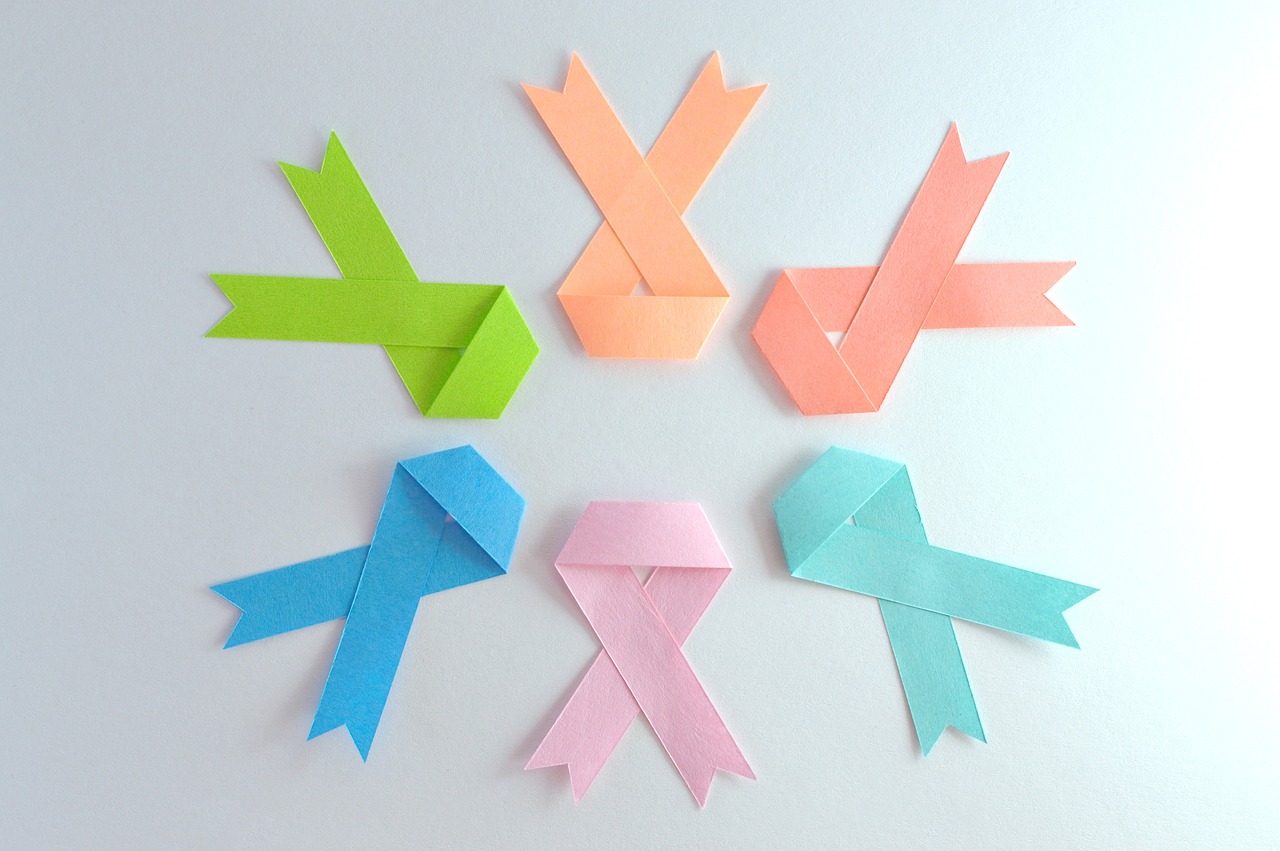
Grants for New Ideas to Improve Women and Child Health
- News
- 1.9K
A face cream that may fulfill your daily nutrient requirement, a simple diagnostic strip to test cervical cancer, an app to address postpartum depression. These are some of the innovative ideas selected for grant of 100,000 Canadian dollars each by Grand Challenges Canada.
A total of 13 ideas from India have been selected for the grants out of 100 selected globally. Grand Challenges Canada will invest over 10 million Canadian dollars to test new ideas to address challenges in women’s and children’s health in developing countries. The initiative is supported by the Canadian government.
Cerelia Neutritech has proposed developing a nutrient loaded cosmetic preparation for tackling iron and vitamin deficiency among women. “We are working on a scientifically formulated nutrition intervention in the form of a body lotion or face cream comprising of iron, folic acid and vitamin B12 to tackle anemia in adolescent and pregnant women. This requires no behavioral change and can be integrated directly into supplementation schemes. The solution improves bioavailability, reduced malabsorption,” said Kiran Vuppala, co-founder of Cerelia while speaking to India Science Wire.
Sachin Dubey from Module Innovations proposes to develop a rapid, simple and low-cost strip for early screening of cervical cancer at the point-of-care. “In India, 74,000 women succumb to cancer of the cervix, which is one-third of the global burden. Most of these deaths are preventable. While methods like PAP smear and HPV DNA test are employed for cervical screening, they need a lab, trained manpower and suffer from many drawbacks. In a rural setting the scenario is even worse,” said Dubey.
Pratibha Singh from the All India Institute of Medical Sciences, Jodhpur, has won the grant for her idea of promoting active learning by flipped classrooms where basic information about sexuality and reproductive health is provided through a mobile app. The content can be viewed at home by students at their own pace and class time in school is utilized for deeper learning, analysis, clarification in presence of a facilitator who may be a class teacher or a competent and skilled health professional. Pre-class material includes small clips, presentations, short readings, quiz or stories.
Ratul Narain from Bempu Health has proposed BHappy app. It is a low-cost screening tool for postpartum depression among women in low-resource settings, enabling intervention to protect the mother and baby. This app is usable on any standard smartphone. Trained nurses can screen mothers at discharge and 4-week and 6-week neonatal visits. Based on a mother’s responses, the app categorizes her as healthy, at-risk, or ‘needs attention’.
The Mumbai-based ARMMAN is testing a free teleservice in which counselors guide parents of 960 children in Mumbai and New Delhi with severe acute malnutrition through direct calls on food, health, and nutrition. These are conducted weekly through eight weeks of treatment and fortnightly during six months of rehabilitation.
“Though 21% of children in India suffer from Severe Acute Malnutrition, there is a critical gap in counseling of their mothers to ensure adherence to treatment, subsequent nutritional adequacy/diversity and prevent relapse. Our ‘lifesaving call’ program has trained nutrition counselors who provide individualized handholding of the mothers on nutrition, hygiene, sanitation, and health, through live voice calls to ensure that children are successfully treated and rehabilitated,” explained Dr. Aparna Hegde, founder of ARMMAN, while speaking to India Science Wire.
Yet another new idea, proposed by the Research Institute of the McGill University Health Centre, relates to the development of a wearable pendant that will be able to track health data on menstruation, clinical signs, symptoms, body temperature, and heart rate, and display information with different colored emojis. The pendant connects to a smartphone app to deliver wellness indicators to nearby clinical providers and help women make smart choices about their reproductive and sexual lives, based on their health data. (India Science Wire)
By Jyoti Singh
For the latest Science, Tech news and conversations, follow Research Stash on Twitter, Facebook, and subscribe to our YouTube channel


